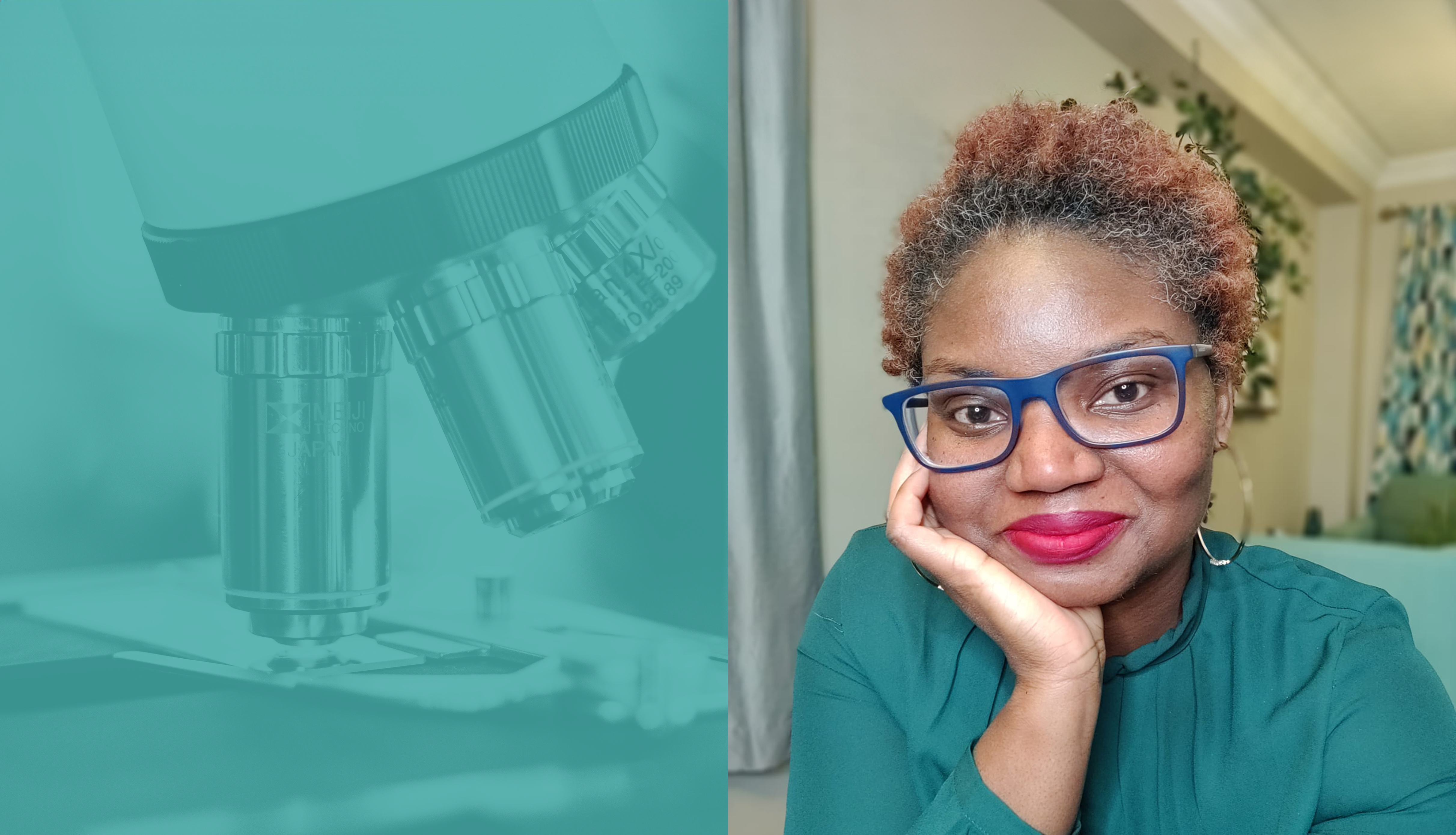Women in Research: A conversation with CIFAR’s Grace Adeniyi-Ogunyankin
By: Liz Do
5th Feb, 2024
Adeniyi-Ogunyankin is among the dynamic panel of researchers discussing their academic journeys and challenges on Feb. 28 as part of the latest CIFAR Talks
When reflecting on her academic career, Grace Adeniyi-Ogunyankin says she feels as though she has lacked adequate mentorship.
“That’s why I'm more conscious about being a mentor to other people,” explains Adeniyi-Ogunyankin, who is a Fellow in CIFAR’s Humanity’s Urban Future program and an associate professor at Queen’s University.
She is also committed to participating in initiatives and events that highlight intersectional issues in the research community — allowing her the opportunity to speak of her lived experiences and commitment to feminism.

CIFAR TALKS Women in Research
WATCH NOW on YouTube. Click the link below.
Ahead of CIFAR Talks: Women in Research on Feb. 28, Adeniyi-Ogunyankin — whose research explores identity, race, capitalism and coloniality — sat down with CIFAR to chat about her work and why it’s important for her to participate in the upcoming event.
CIFAR: Your work looks at how the African urban future is portrayed in popular culture and imagined by urban dwellers, politicians and policymakers. What sparked your interest in this area?
Adeniyi-Ogunyankin: After the 2008 world financial crisis, capitalism was arguably looking for its next spatial fix. And in that, geographically, was Africa. All of a sudden corporations started talking about Africa being the next destination for investment opportunities.
So, I became interested in how politicians and policymakers envision the future of Africa, particularly in the context of Nigeria, because that's where I was born. I’m interested in knowing: how are politicians imagining the urban future? And what are the exercises that they are engaging in, particularly in hopes to secure investment, to project a particular vision of the urban future? How is the population, particularly the youth, responding to these changes that are taking place?
CIFAR: Tell me about your research journey from that initial spark to now — what have you been most proud of accomplishing so far? What challenges have you faced along the way?
Adeniyi-Ogunyankin: I would say my research journey has been challenging because of the sort of work that I've had to do, especially when I think about my research participants.
On the one hand, here I am as an academic, located in North America. My future is most likely economically secure. Meanwhile, I’m seeing that the lives of some of my research participants haven't changed — that is a difficult aspect when you do research in certain spaces. But it's also rewarding being able to build relationships with people I work with and being able to provide a more diverse narrative about Africans and African cities.
CIFAR: On February 28, you’ll be among the panelists for CIFAR Talks: Women in Research. Why did you decide to participate?
Adeniyi-Ogunyankin: I wanted to participate to share my experiences as someone who is a feminist and someone who thinks about intersectionality. I want to share my perspectives and the challenges I face as a researcher and teacher, particularly as they pertain to my social location as a Black/African woman and mother.
CIFAR: You are also a member of CIFAR’s Research EDI Ambassador’s Community (REDIAC) to support the advancement of Equity, Diversity and Inclusion (EDI) in CIFAR’s research community. Why was it important for you to participate in this initiative?
Adeniyi-Ogunyankin: I think it's important to be a part of these committees because there is always a danger of EDI being institutionally watered down. When it comes to the research community, the research process is rarely neutral — as such, it is essential to bring in EDI, and for researchers to engage in reflexivity as much as possible. I want to be able to bring in my background, as a feminist and as someone who is committed to anti racism, anti-colonial scholarship and also someone who's engaging in challenging coloniality. It's important for me to continue contributing — and learning.
CIFAR: Who have been your mentors or role models in your research journey?
I've often felt that I've lacked adequate mentorship. That’s why I'm more conscious about being a mentor to other people.
I have participated in a lot of co-mentorship relationships, however, with colleagues at my university and across universities in Canada and the U.S. — we support each other because academia is a difficult space for us as women of colour. I think mentorship is incredibly important for the next generation, and I also truly believe in co-mentorship.